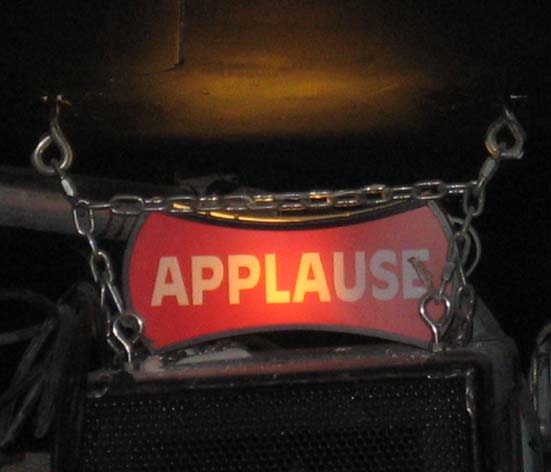Kabbalah karma?
Rabbi Phillip Berg of the Kabbalah Center in LA has suffered a stroke. I wish him a speedy recovery. However, it seems somehow karmic that a man who has made his money making a profit on a most mystical and rather sacred part of Judaism has been humbled. I give him credit; he’s certainly made Kabbalah (and thus Jewish spirituality) mainstream- as per this listing in the Wichita Eagle newspaper:
Kabbalah lecture series, presented by Nissim Wernick, for 10 weeks starting at 7 p.m. Tue., Hebrew Congregation, xxxx N. Woodlawn. Cost $100 for series. To register, call 685-xxxx.
(Kabbalah in the heartland? “Toto, I've a feeling we're not in Kansas anymore”)
I guess that I just feel that there is a reason one is not supposed to study Kabbalah unless they have a strong background in the requisite Jewish texts. There are concepts that can be taken the wrong way or completely out of context (ex: Kabbalah water?). Turns out that those trendy red string bracelets that are so popular with the glitterati are not even mentioned in the true teachings of Kabbalah.
Some Kabbalah factoids to help set the record straight: (from Beliefnet)
- Tradition teaches that one must reach the age of 40 before beginning to explore Kabbalah. Younger people are not considered to have the necessary background or emotional maturity to be able to deal with the topic.
- Kabbalah is a mystical way of interpreting the Torah, the primary Jewish scriptures, and of attempting to understand God. Practitioners believe the study of Kabbalah can help unlock the secrets of the universe.
- The Zohar, a mystical commentary on the Torah, is the primary Kabbalah text. It is usually traced to 13th century Spain. Most scholars believe it was written by Spanish kabbalist Moses de Leon, though some claim it was penned by the 2nd century sage Rabbi Shimon Bar Yochai.
- Kabbalah literally means "that which is received." The teachings of Kabbalah, at first never written down, were supposed to be received directly by word of mouth from teacher to student.
- In Kabbalah, God is called "Ein Sof." In Hebrew, Ein Sof means "without end." The name symbolizes God's lack of boundaries in time and space.
- The golden age of Jewish mysticism occurred in the 16th century in Safed, a city in northern Israel, when Jews expelled from Spain during the Inquisition gathered there. Great kabbalists and scholars during this time included Rabbi Joseph Karo, Rabbi Moshe Cordovero, and Rabbi Shlomo Alkabetz. Rabbi Isaac Luria is often regarded as the greatest kabbalist. He is known by the acronym of his Hebrew name, Ha Ari, the Lion
- In the eighteenth century, Ba'al Shem Tov used kabbalistic teachings as the basis for the formation of his new sect, Hasidism.
- The modern study and scholarship of Kabbalah was spearheaded by the work of German-born Gershom Scholem, who lived from 1897 to 1982.
How much do you know about Kabbalah as it relates to celebrities?- a fun quiz on Pop Kabbalah.


0 Comments:
Post a Comment
<< Home